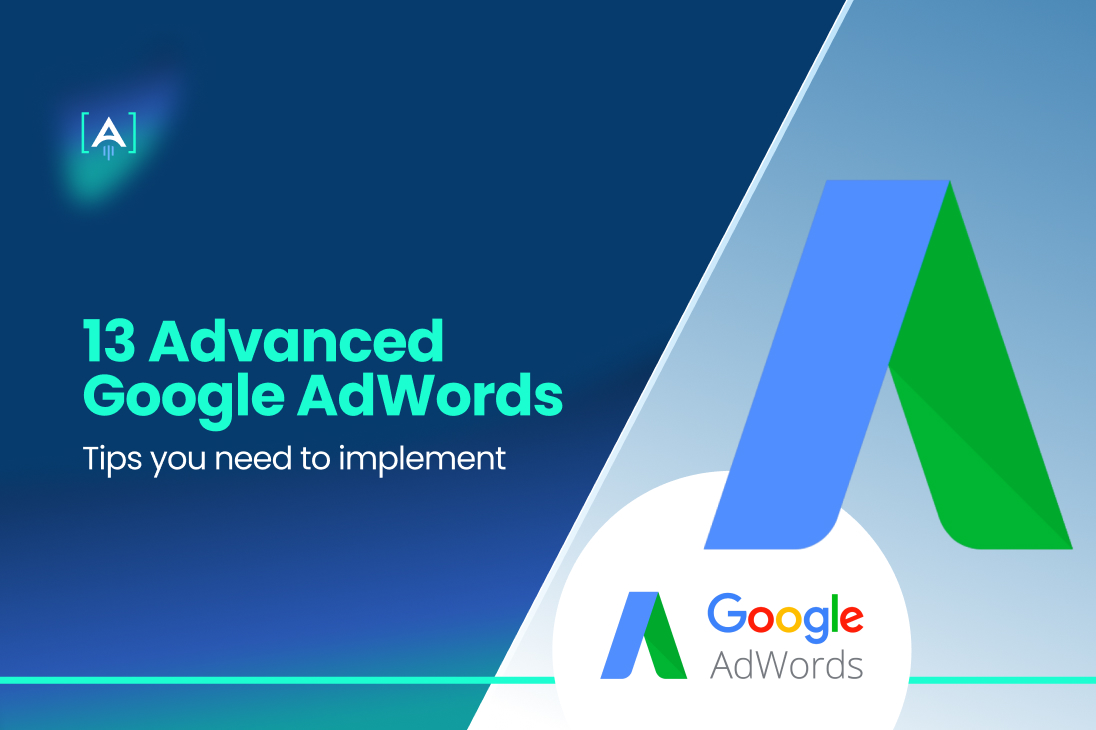If you are serious about marketing your business online, you need to advertise on Google. Yes, you read that right!
Google is not only the largest search engine but also the most popular website in the world.
And as a business owner, you can tap into that massive audience by using Google AdWords.
But simply setting up a few ads and throwing some money at them is not enough to be successful with AdWords.
To really make the most of this powerful tool, you need to be using advanced tactics on Google ads optimization.
Here are 13 advanced Google AdWords tips that you need to implement if you want to see real results from your campaigns with the help of our Google Ads Agency.
Ready to uncover some AdWords secrets? Lets go!
Integrate API to Improve Conversion Match Rate
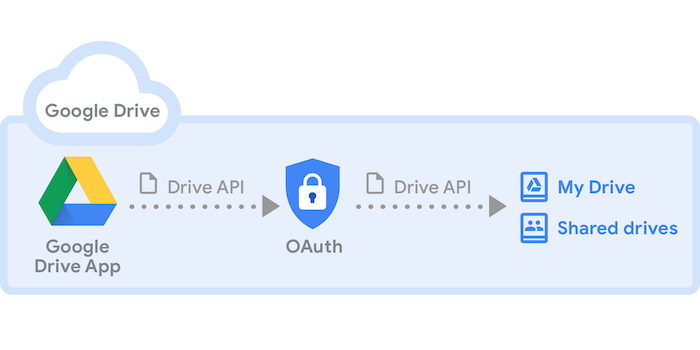
Before listing our Google AdWords tips, let’s get to know some basic concepts.
API stands for Application Programming Interface, and it allows for automated communication between AdWords and your website. That is to say; it helps bridge the gap between your ads and conversions.
For instance, if someone clicks on your ad and then purchases something on your website, API integration allows AdWords to track that conversion and attribute it to the correct ad.
This improves your Conversion Match Rate and ultimately provides you with a more accurate picture of how well your ads are performing.
So, how do you integrate API into your AdWords account? Since API is a technical concept, it’s best to enlist the assistance of a web developer or AdWords specialist.
They can guide you through the process and ensure everything is set up correctly.
Of course, if you want to go the DIY route, Google provides a helpful guide on setting up API for your AdWords account.
Just keep in mind that it can be a bit tricky and time-consuming, so consider seeking professional help if needed.
Organize Your Campaign Structures for Scale
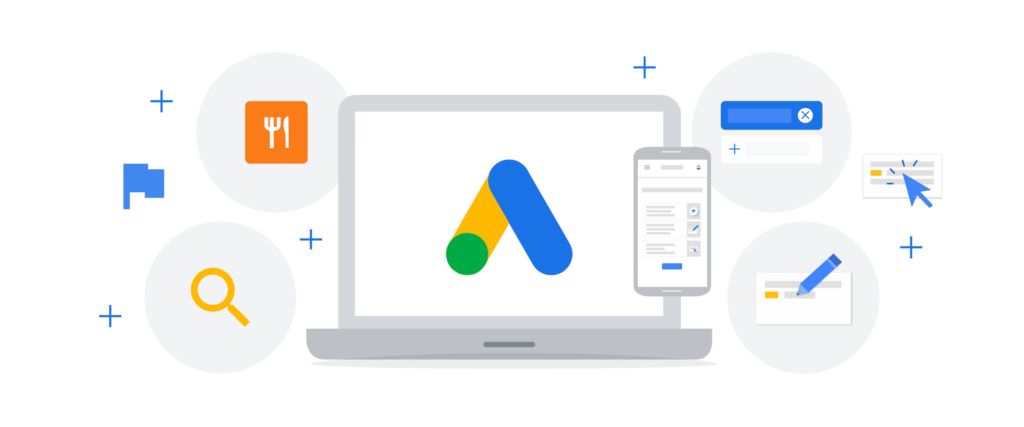
The next Google AdWords tip is to create Google Ads campaign structure that is organized. It’s important for any AdWords account, but it’s especially crucial as your business grows and scales.
If you don’t have a clear hierarchy in place, it can become difficult to track and optimize your campaigns efficiently.
One way to organize your campaigns is by product or service category.
Separate each category into its own campaign, and then divide the campaigns even further by many ad groups or a single ad group based on specific keywords or targeting.
This makes it much easier to track performance and make changes as needed.
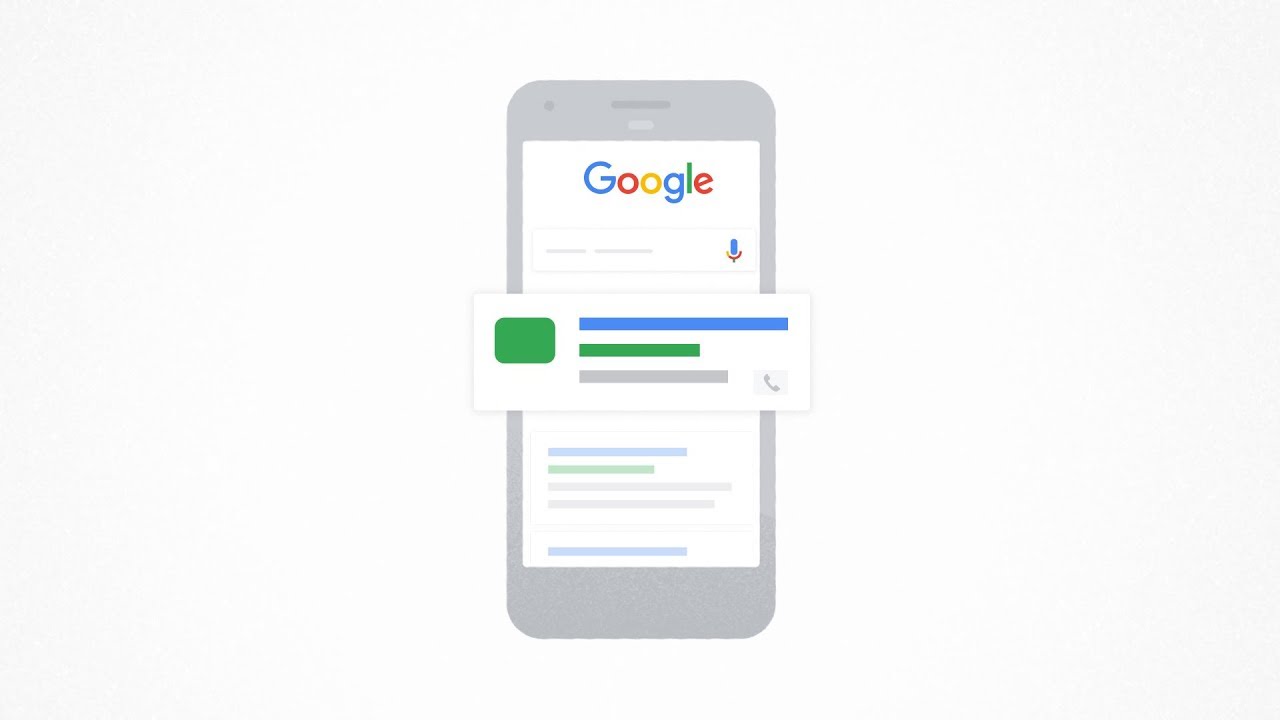
Another Google AdWord tip is to create separate campaigns for search network and display network advertising. Both networks have their own set of best practices, so it’s best to treat them as separate entities.
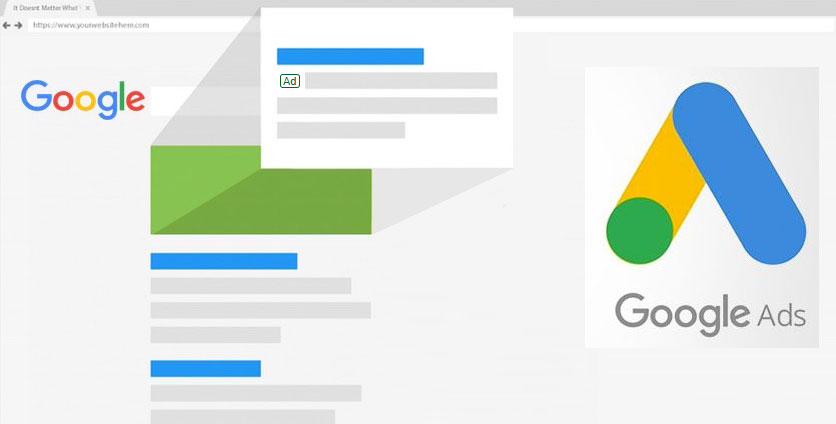
By consistently keeping your campaigns structured and organized, you’ll save time and see better results from your AdWords efforts.
Integrate GA4 Into Your Google Ads
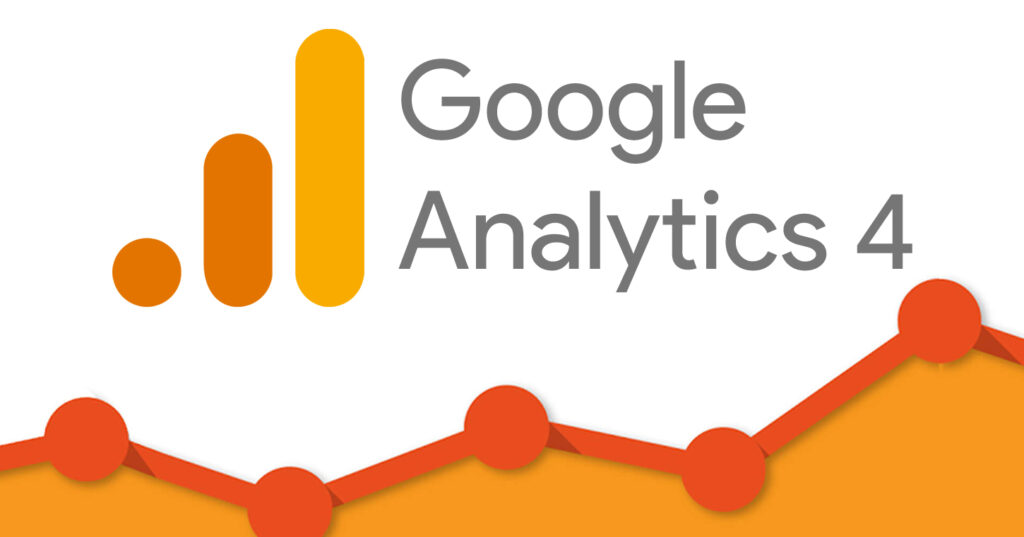
GA4, also known as Google Analytics 4, is the newest version of Google Analytics. It offers a range of new features and benefits for tracking and analyzing your website’s performance.
One important aspect of GA4 is its integration with AdWords. By connecting these two tools, you can track conversions from your ads in one central location and gain valuable insights into how your ads are performing.
To set up your GA4 and AdWords integration, first make sure you have a Google Ads account linked to a Google Analytics 4 property.
Then, go to the Admin section in both tools and select “Linked Accounts” under the Property column. From there, you can link your AdWords account to your GA4 property.
Once linked, you’ll be able to see AdWords data in your GA4 reports and track conversions from your ads in real-time.
This will provide valuable information for optimizing your AdWords campaigns and improving your overall advertising strategy.
Focus on Driving a Minimum of 30 Conversions Per Week Before Turning on Target CPA Bids

Target CPA, or cost-per-acquisition, is one of the Google Ads bidding strategies that sets a target for the average cost you’d like to pay for conversions.
It automatically adjusts bids based on your target and performance history, making it a useful tool for optimizing your AdWords campaigns.
However, before turning on Target CPA bids, it’s important to focus on driving a consistent number of conversions each week.
This is one of the most valuable Google AdWords tips: aim for at least 30 conversions per week, as this will give the bidding strategy enough data to make adjustments and optimize effectively.
Once you’ve reached this minimum conversion threshold, consider testing out Target CPA bids for a period of time to see how it impacts your campaign performance.
Keep in mind that you might need to fine-tune the target CPA and make adjustments as needed, but it can be a valuable tool for streamlining your AdWords efforts and driving more conversions at a lower cost.
Use Negative Keyword Exclusions in the Shared Library
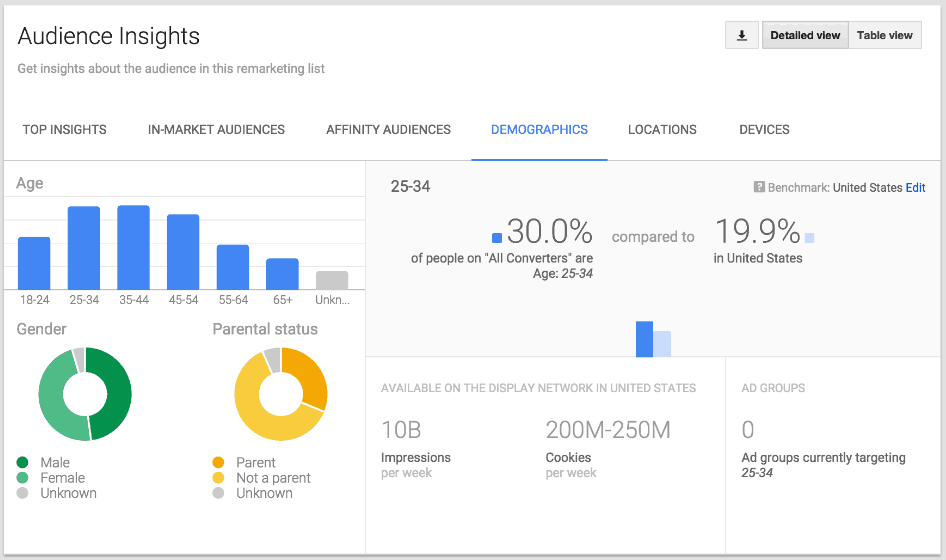
Mastering Google AdWords keyword tips is crucial for the success of any PPC campaign. While focusing on relevant keywords to attract potential customers is essential, effectively excluding irrelevant search terms is equally important. This is where negative keywords come into play.
Negative keywords are vital for any AdWords campaign, as they prevent your ads from showing up for irrelevant search queries.
One effective Google AdWords keyword tip is utilizing the shared library to manage negative keywords.
In the shared library, you can create lists of negative keywords that can be applied to multiple campaigns or even shared with other accounts.
For instance, let’s say you’re running an ad campaign for your startup’s mobile analytics platform and want to exclude any searches related to “web analytics.”
You could create a negative keyword list titled “web analytics exclusions” and add relevant keywords like “web analytics tools,” “website tracking,” and “web data analysis.”
Then, you can apply this list to any relevant campaigns or even share it with a partner account running ads for your platform.
Using negative keyword exclusions in the shared library is a simple yet effective way to streamline your AdWords efforts and ensure that your ads are only being shown to relevant customers.
So, the next time you’re setting up a new campaign or reviewing your current keywords, follow these Google AdWords keyword tips.
Use Portfolio Bidding
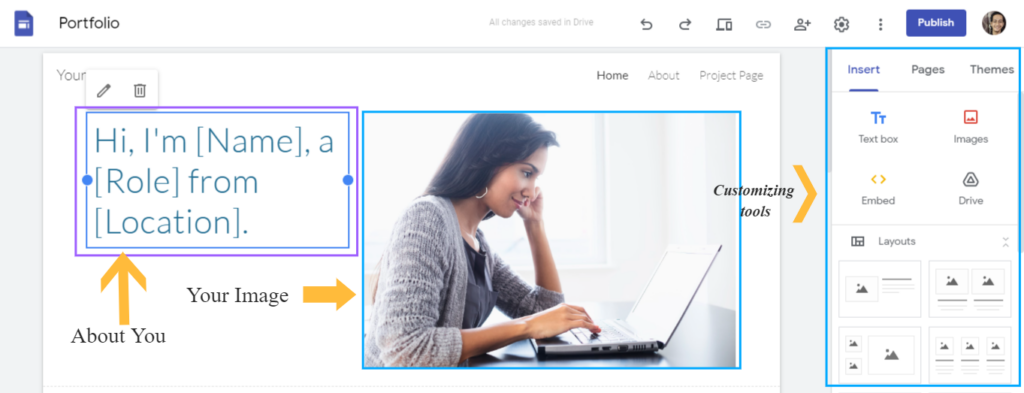
Portfolio bidding is a strategy that allows you to set bids across multiple campaigns at once rather than adjusting each campaign individually.
For instance, let’s say you have three campaigns targeting different keywords and demographics, but they all have the same goal of driving website conversions.
Instead of managing bids for each campaign separately, you can use portfolio bidding to set a target for overall conversions and let AdWords adjust bids across those campaigns accordingly.
This can save time and streamline your advertising efforts, making it a useful tool for managing multiple campaigns with similar goals.
Keep in mind, however, that portfolio bidding works best when your campaigns have similar objectives and performance histories.
So, consider using it for campaigns targeting similar keywords and demographics or those with comparable conversion rates.
Remember, effective use of Google AdWords keyword tips, such as robust keyword research and negative keyword implementation, is crucial for maximizing the impact of portfolio bidding. Combining these strategies allows you to optimize your campaigns for better performance and higher ROI.
Use Shared Budgets Where Appropriate
In addition to portfolio bidding, AdWords also offers the option for shared budgets. This is another valuable Google AdWords tip for managing multiple campaigns effectively.
This means that instead of assigning a budget to each individual campaign, you can set a single budget to be shared across multiple campaigns.
Shared budgets can be useful for campaigns with similar goals and performance levels, as it allows AdWords to distribute the budget in a way that optimizes results across all campaigns.
However, keep in mind that shared budgets may not be the best option for campaigns with very different performance levels or objectives.
For instance, let’s say you have two campaigns – one targeting desktop users and one targeting mobile users – with the same goal of driving website conversions.
In this case, a shared budget could be a helpful way to optimize results across both campaigns.
However, if you have one campaign for driving website conversions and another for building brand awareness, it may be better to assign separate budgets for each campaign.
So, consider using shared budgets where appropriate, but also keep an eye on performance to ensure they’re having a positive impact on your campaigns.
Use Time of Day Optimization
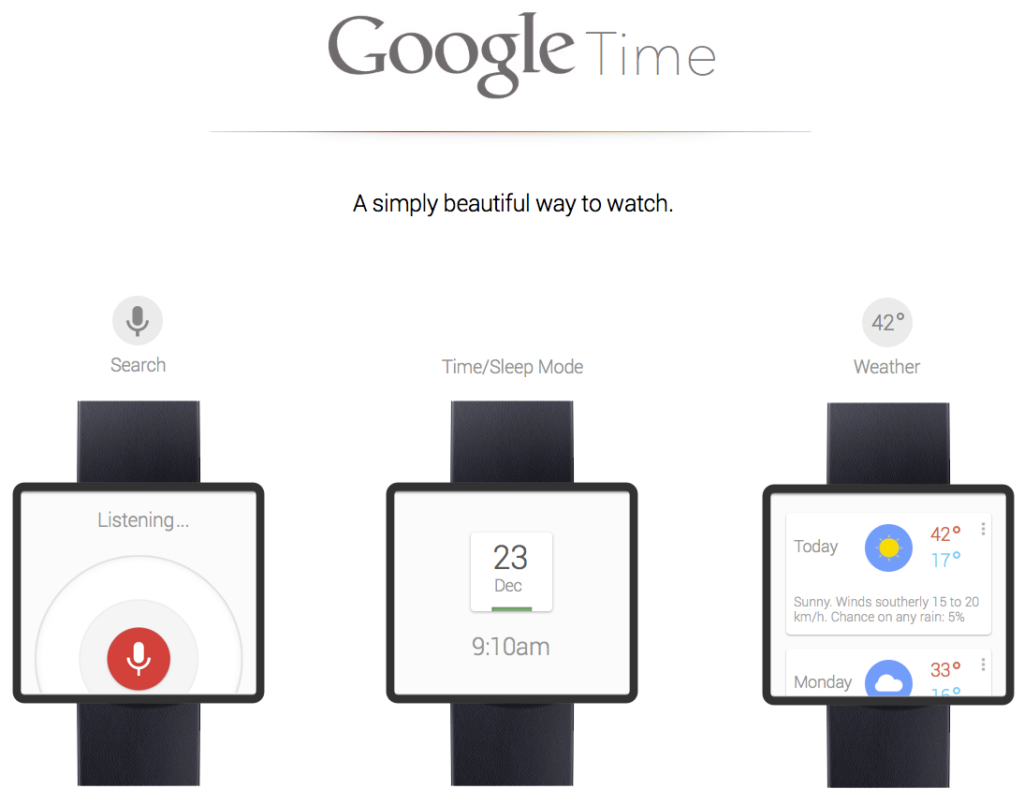
Another effective Google AdWords tip is to optimize campaigns through time-of-day, which allows you to adjust bids based on when your target audience is most likely to see and engage with your ads.
For instance, let’s say you notice that your ad for a clothing store tends to have the highest click-through rate in the afternoon while conversions peak in the evening.
You can use time-of-day optimization to increase bids during those peak times and lower them during slower periods – ensuring that your budget is being used effectively.
Use Day of Week Optimization

In addition to optimizing for specific times of day, AdWords also offers the option to adjust bids based on days of the week.
This can be particularly helpful for industries with distinct weekday and weekend trends, such as travel or event planning.
By analyzing when your target audience is most likely to engage with your ads, you can use day-of-week optimization to adjust bids and maximize the impact of your advertising budget.
Analyze Your Competitors

Another key aspect of Google Ads management is keeping an eye on your competitors.
You can use tools like the Auction Insights report to see how your google ads campaigns are performing in comparison to your competitors and analyze their keywords and ad tactics for potential ideas or improvements.
Studying your competition can reveal valuable AdWords secrets, helping you refine your strategy and stay ahead in the auction.
This can help inform adjustments to your own Google ads campaigns, allowing you to stay ahead of the competition and effectively manage your advertising efforts.
Use the Right Keyword Match-Types
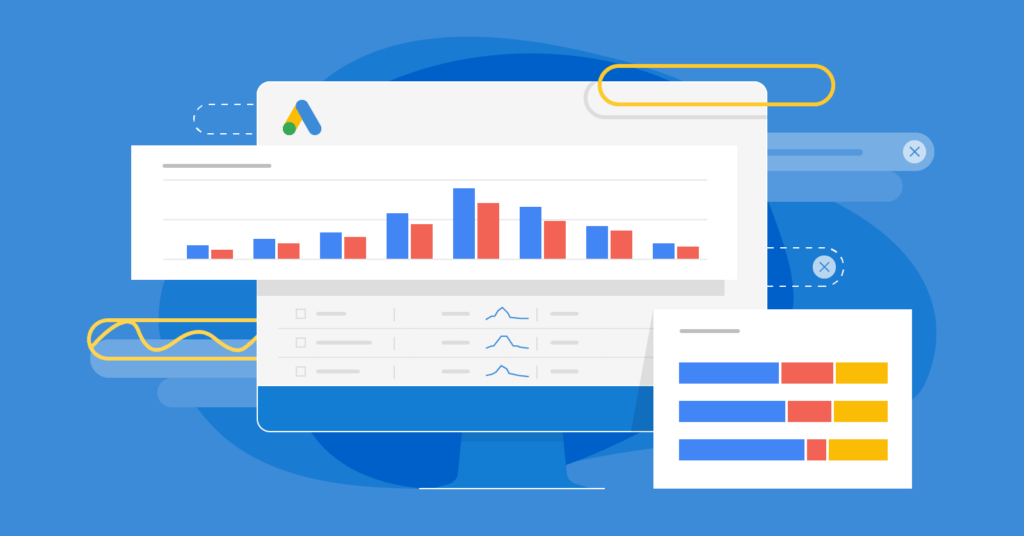
Another important aspect of Google AdWords campaign management is selecting the right keyword match types. Google Search Ads are targeted by keywords, and different keywords will be matched to different search queries. Here again, our Google AdWords keyword tips can be invaluable in helping you choose the most effective match types for your campaign.
There are four main options – broad match, phrase match, exact match, and broad match modifier – and each one has its own advantages. Google AdWords keyword tips suggest using a combination of these match types to optimize your ad reach and relevance.
Broad match allows your ad to show for a wide range of related keywords.
For instance, a broad match on the keyword “analytics” could trigger your ad to appear for searches like “mobile analytics platform” or “web analytics tools.”
This can be a helpful way to increase the reach of your ads, but it can also lead to irrelevant traffic and wasted spending if not properly managed.
Phrase match allows your ad to appear for searches that include your targeted keyword phrase in the exact order, with additional words before or after.
So, a phrase match on “analytics platform” would trigger your ad for searches like “mobile analytics platform” but not “web analytics tools.”
This can help refine your targeting and avoid irrelevant traffic.
Exact match allows your ad to appear only for searches that exactly match your targeted keyword without any additional words.
So, an exact match on “analytics platform” would only trigger your ad for the search “analytics platform,” not variations like “mobile analytics platform” or “web analytics platform for businesses.”
Exact match can be a helpful way to focus your budget on highly relevant searches but may limit the reach of your ads.
Broad match modifier allows you to add a “+” sign before one or more words in your keyword to indicate that those terms must appear in the search.
So, a broad match modifier on “+analytics +platform” would trigger your ad for searches like “mobile analytics platform” or “web analytics platform for businesses,” but not simply “platform.”
This can help increase the relevancy of your ads while still allowing for a wider range of keyword searches.
By carefully selecting the right keyword match types for each campaign, you can ensure that your budget is being spent on the most relevant and effective keywords possible.
Make Sure to Use Ad Extensions
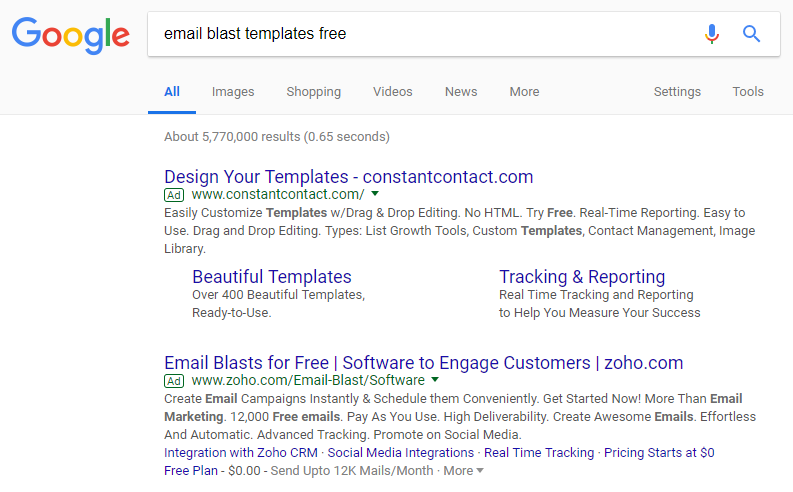
Ad extensions are additional pieces of information that can be added to your text ads, including links to specific pages on your website, phone numbers, locations, and more.
These can not only improve the visibility and click-through rate of your ads but also provide valuable information to potential customers – making them more likely to engage with your ad.
Some effective ad extensions to consider using include:
Sitelinks Extensions
These allow you to add additional links to specific pages on your website, such as product categories or special offers.
Callout Extensions
These allow you to add short snippets of extra information about your business, services, or promotions.
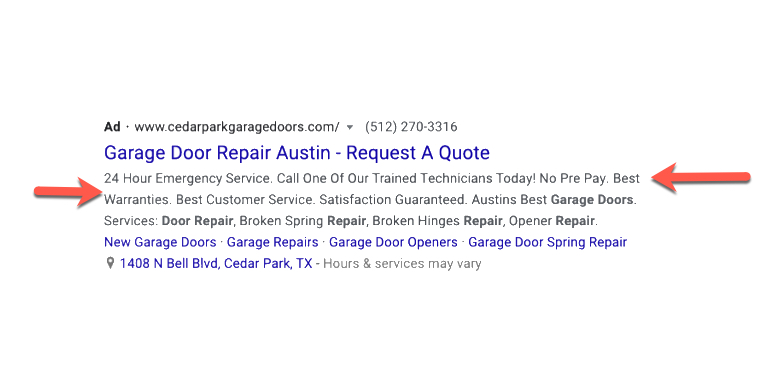
Structured Snippets
These allow you to add a list of specific services or product features.

Call Extensions
These allow you to add a phone number to your ad, making it easier for customers to call and inquire about your offerings.
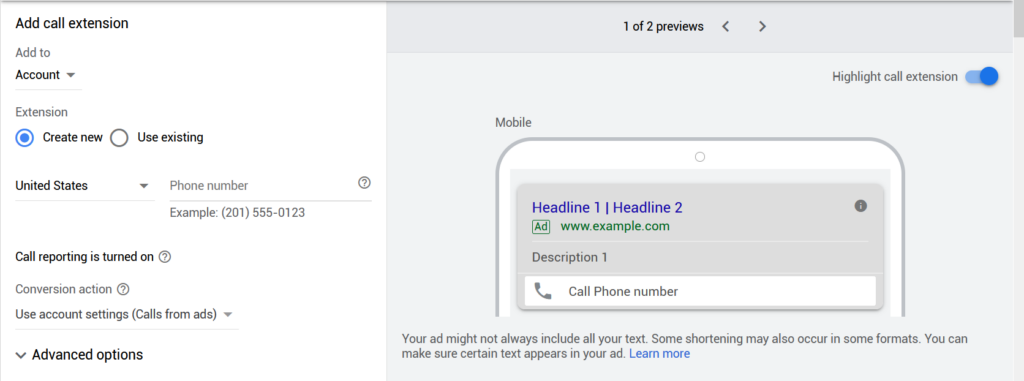
Location Extensions
These allow you to add your business address and location, making it easier for customers to find and visit your brick-and-mortar location.
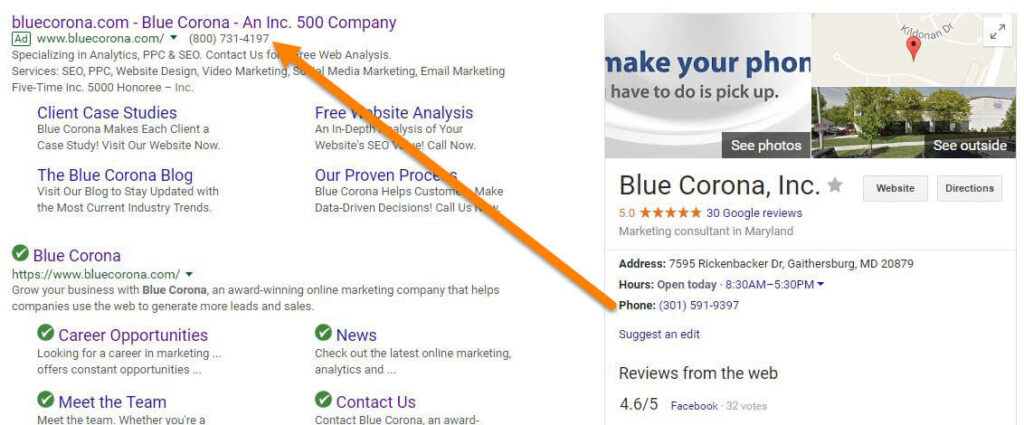
Including ad extensions may help your ads stand out from the competition and drive more qualified leads to your website.
Make sure to regularly review and update your ad extensions for maximum effectiveness.
Track Keyword Quality Score
Wrapping up our Google AdWords tips with an important aspect of Google ads.
In addition to selecting the right keyword match types, it’s important to monitor your keywords’ quality scores for the specific landing page.
This Google ads quality score, on a scale of 1-10, indicates the relevance and effectiveness of your keywords in relation to your Google ad and landing pages.
A high-quality score can lead to lower costs and better ad placement, while a low-quality score can result in wasted spending and underperforming ads.
Regularly track your keywords’ quality scores and make changes as needed to improve their performance.
Don’t forget about Google Ads attribution models. These models determine how conversion credit is assigned to different user journey touchpoints. By leveraging Google Ads attribution models, you can identify the most influential touchpoints and refine your strategy to maximize ROI.
To implement Google Ads attribution models, navigate to your Google Ads account and explore the different attribution options available. Choose a model that aligns with your campaign goals and analyze the data to make informed adjustments. This will help you see which keywords and ads contribute to conversions, allowing you to allocate your budget more effectively.
Another crucial Google AdWords tip is leveraging advanced features like Google Ads Performance Max. It’s a campaign type using machine learning to optimize ad performance across all Google inventory, including YouTube, Display, Search, Discover, Gmail, and Maps. This campaign aims to drive more conversions by automating targeting and bidding strategies.
Get Started on Your Google AdWords Campaign Today
So, here were our Google AdWords tips for optimizing your campaigns.
Remember that Google Ads platform is the most popular pay-per-click advertising platform in the world.
And it’s no wonder – with its powerful targeting options and wide reach, businesses of all sizes can benefit from using Google Ads to reach their target audience.
However, Google Ads can also be complex, with a range of features and options that can be baffling for even the most experienced marketers.
Thankfully, there are plenty of resources available to help businesses get started with using Google Ads tips and best practices.
From online tutorials to expert advice, there’s plenty of help out there for businesses that want to make the most of this powerful marketing tool. Hopefully, our Google AdWords tips gave you valuable insights.
So, if you want to take your online advertising up a notch, Google Ads is definitely worth considering!
